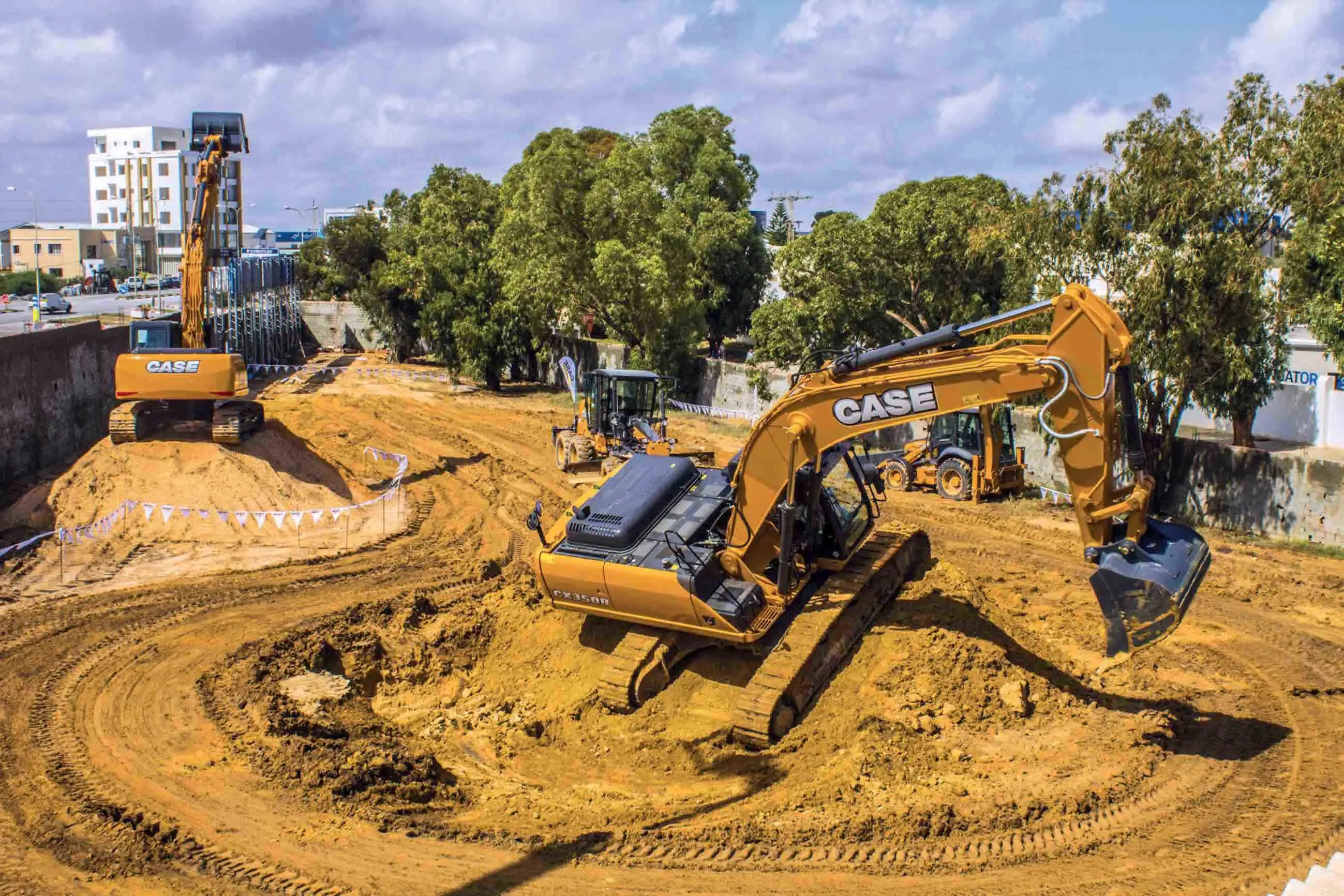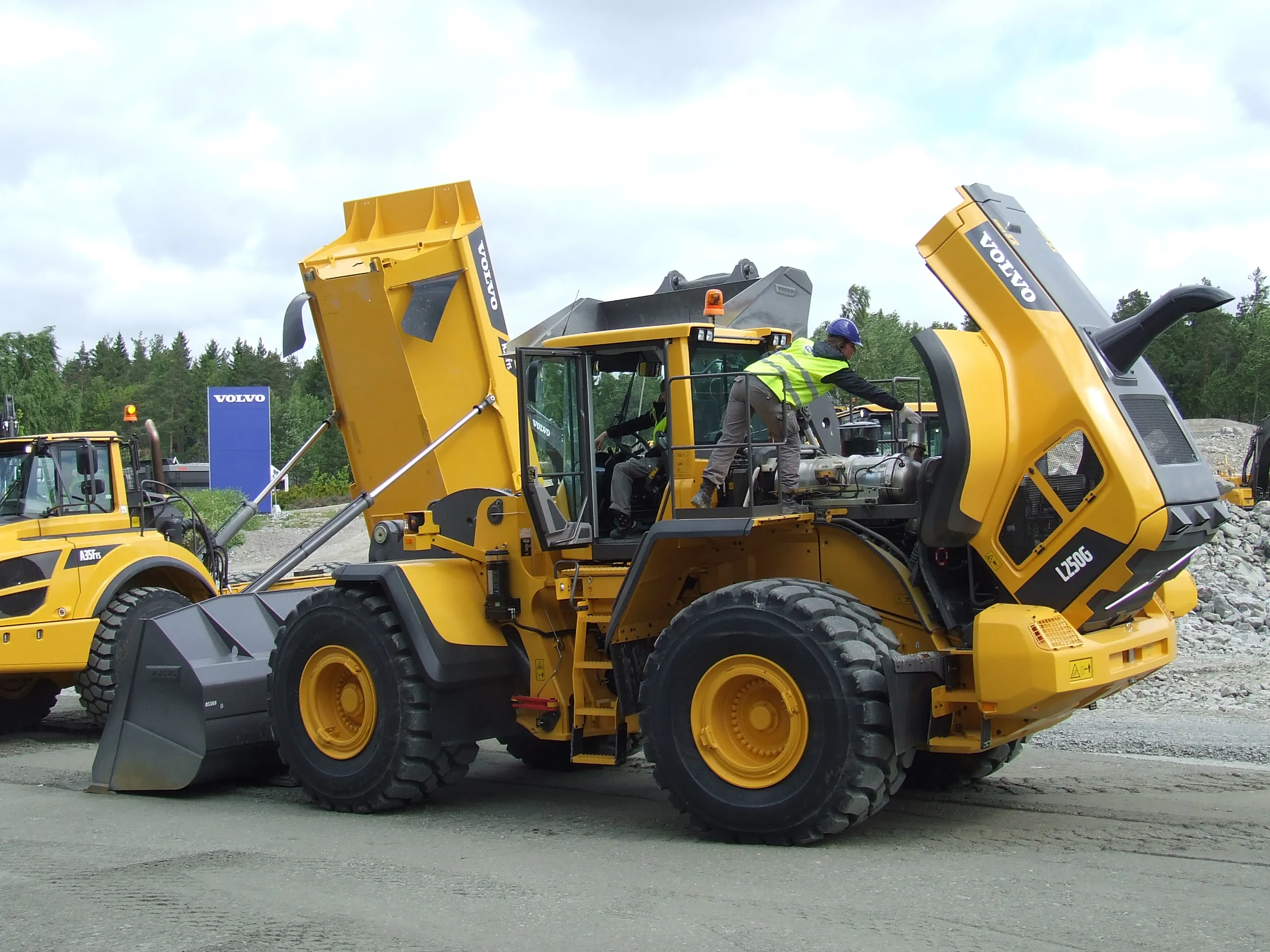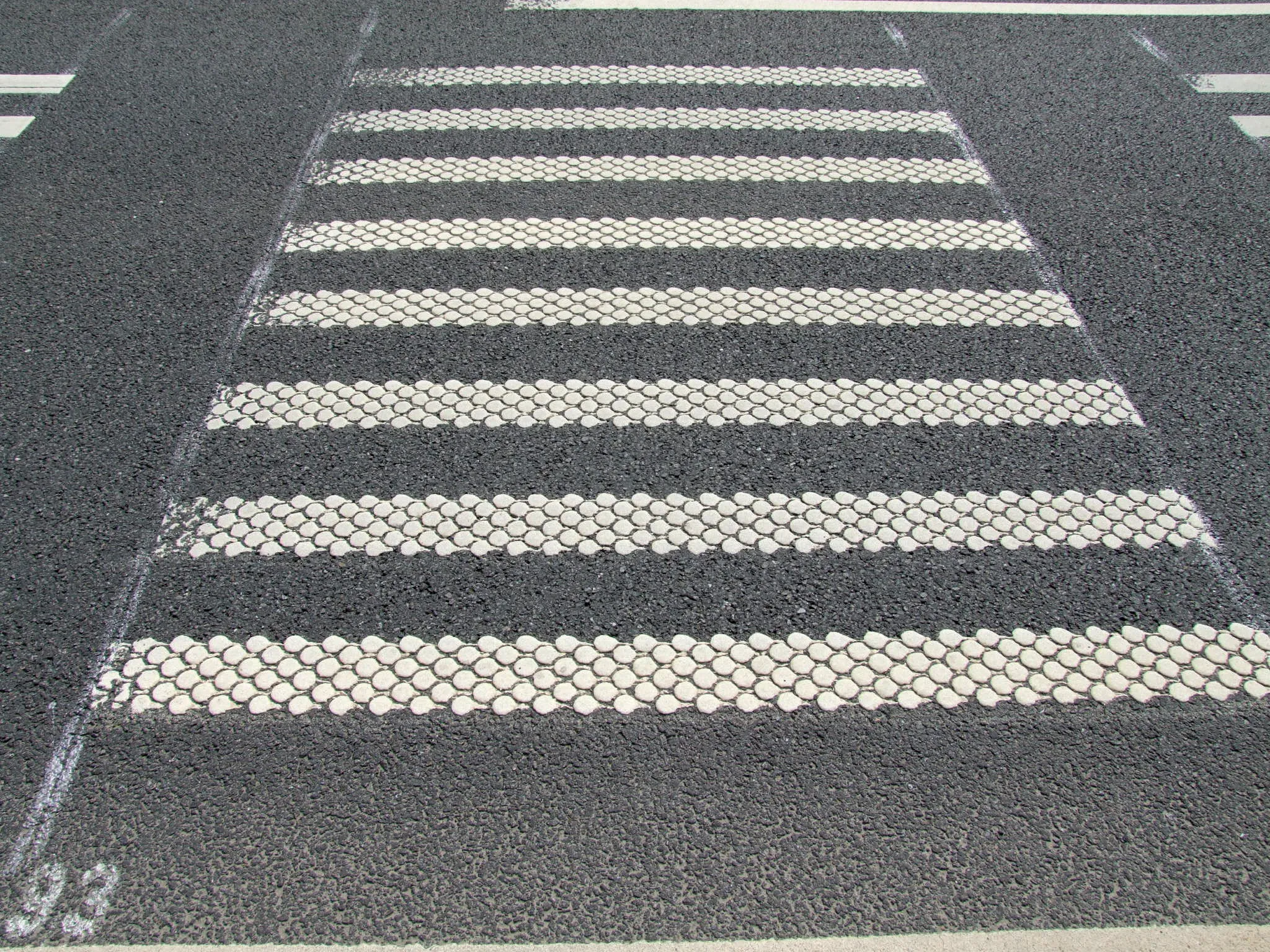CASE Construction Equipment recently carried out a major demonstration event for its construction machines in Tunisia.
The event focused on the firm’s road building equipment, highlighting how the units perform, even in extreme conditions
The planned large-scale projects for the development of Tunisia’s road infrastructure will require highly productive and reliable equipment to meet the country’s objectives. CASE is keen to develop a share of this market, running the event in a bid to grow its marke
February 13, 2017
Read time: 4 mins

CASE Construction Equipment recently carried out a major demonstration event for its construction machines in Tunisia.
The event focused on the firm’s road building equipment, highlighting how the units perform, even in extreme conditions
The planned large-scale projects for the development of Tunisia’s road infrastructure will require highly productive and reliable equipment to meet the country’s objectives.176 CASE is keen to develop a share of this market, running the event in a bid to grow its market share in the country. CASE offers a wide range of equipment for the road building industry and the event demonstrated the performance and capabilities of these machines in difficult weather and terrain.
The Tunisian Government has set the extension and upgrading of the country’s road infrastructure as a major priority. This plan is intended to adjust the balance and improve access between Tunisia’s regions, a programme vital for the development of its transport sector and its economy. Expanding the road network is expected to improve economic growth in Tunisia, as well as helping deliver future stability for the country. The development plan for the 2016-2020 presidency is ambitious and has allocated €3.5 billion for the construction, refurbishment and maintenance of roads and highways.
The country’s infrastructure development projects are also attracting funds from international financing organisations. In July 2015 the World Bank granted a €180 million load to refurbish 146km of roads in some of the least developed regions in Tunisia. And in February 2016 the European Investment Bank signed a €150 million framework loan agreement to modernise main arteries in the south of Tunis to relieve traffic congestion.
CASE invited construction companies operating in the infrastructure sector to see its road building equipment in action and test drive the machines in real job site conditions. The event, organised jointly with importer Sotradies at its premises in Sousse, highlighted the performance of the CASE machines developed specifically for road building operations in North Africa.
The event was carried out despite exceptionally bad weather, which hit the area with days of torrential rains, providing extreme terrain for the machines. However the equipment performed well according to the firm.
“The construction business operators who braved the weather to travel from across the country to the CASE road building event were delighted with the opportunity we gave them to see first-hand what the machines are capable of in the most extreme conditions”, said Slim Tlili, sales manager at Sotradies.
The full team from Sotradies was supported by the CASE business director and the product, training, service and marketing managers.
The first part of the day highlighted the latest CASE 865B 18tonne grader, one of three models in the B Series. The machine is driven by a fuel-efficient, turbocharged FPT engine and also features sophisticated load-sensing hydraulics.
"We're in the condition to supply the best grader for the African market. The range is perfectly sized for road building and road maintenance jobs. CASE graders have been tested throughout the years on the challenging North African job sites. The upgraded cabin, improved design and weight-to-power ratio make them the best-in-class solution for the market and value for money for the customer. We rely on the product and look forward to challenging the competition in the field." said Massimiliano Sala, CASE product marketing manager Roadbuilding Equipment for Europe, Africa and Middle East.
After the grader, the firm highlighted 35tonne CASE CX350B crawler excavator, the 821F wheeled loader, two of its T Series backhoe loader models and two radial loader SR Series skid steer loader models.
In addition to demonstrations of all the machines in real road building job site conditions, participants were able to test drive all the models in the field with the guidance of CASE demonstrator Steve Beardmore and product specialist Massimiliano Sala.
The event focused on the firm’s road building equipment, highlighting how the units perform, even in extreme conditions
The planned large-scale projects for the development of Tunisia’s road infrastructure will require highly productive and reliable equipment to meet the country’s objectives.
The Tunisian Government has set the extension and upgrading of the country’s road infrastructure as a major priority. This plan is intended to adjust the balance and improve access between Tunisia’s regions, a programme vital for the development of its transport sector and its economy. Expanding the road network is expected to improve economic growth in Tunisia, as well as helping deliver future stability for the country. The development plan for the 2016-2020 presidency is ambitious and has allocated €3.5 billion for the construction, refurbishment and maintenance of roads and highways.
The country’s infrastructure development projects are also attracting funds from international financing organisations. In July 2015 the World Bank granted a €180 million load to refurbish 146km of roads in some of the least developed regions in Tunisia. And in February 2016 the European Investment Bank signed a €150 million framework loan agreement to modernise main arteries in the south of Tunis to relieve traffic congestion.
CASE invited construction companies operating in the infrastructure sector to see its road building equipment in action and test drive the machines in real job site conditions. The event, organised jointly with importer Sotradies at its premises in Sousse, highlighted the performance of the CASE machines developed specifically for road building operations in North Africa.
The event was carried out despite exceptionally bad weather, which hit the area with days of torrential rains, providing extreme terrain for the machines. However the equipment performed well according to the firm.
“The construction business operators who braved the weather to travel from across the country to the CASE road building event were delighted with the opportunity we gave them to see first-hand what the machines are capable of in the most extreme conditions”, said Slim Tlili, sales manager at Sotradies.
The full team from Sotradies was supported by the CASE business director and the product, training, service and marketing managers.
The first part of the day highlighted the latest CASE 865B 18tonne grader, one of three models in the B Series. The machine is driven by a fuel-efficient, turbocharged FPT engine and also features sophisticated load-sensing hydraulics.
"We're in the condition to supply the best grader for the African market. The range is perfectly sized for road building and road maintenance jobs. CASE graders have been tested throughout the years on the challenging North African job sites. The upgraded cabin, improved design and weight-to-power ratio make them the best-in-class solution for the market and value for money for the customer. We rely on the product and look forward to challenging the competition in the field." said Massimiliano Sala, CASE product marketing manager Roadbuilding Equipment for Europe, Africa and Middle East.
After the grader, the firm highlighted 35tonne CASE CX350B crawler excavator, the 821F wheeled loader, two of its T Series backhoe loader models and two radial loader SR Series skid steer loader models.
In addition to demonstrations of all the machines in real road building job site conditions, participants were able to test drive all the models in the field with the guidance of CASE demonstrator Steve Beardmore and product specialist Massimiliano Sala.









